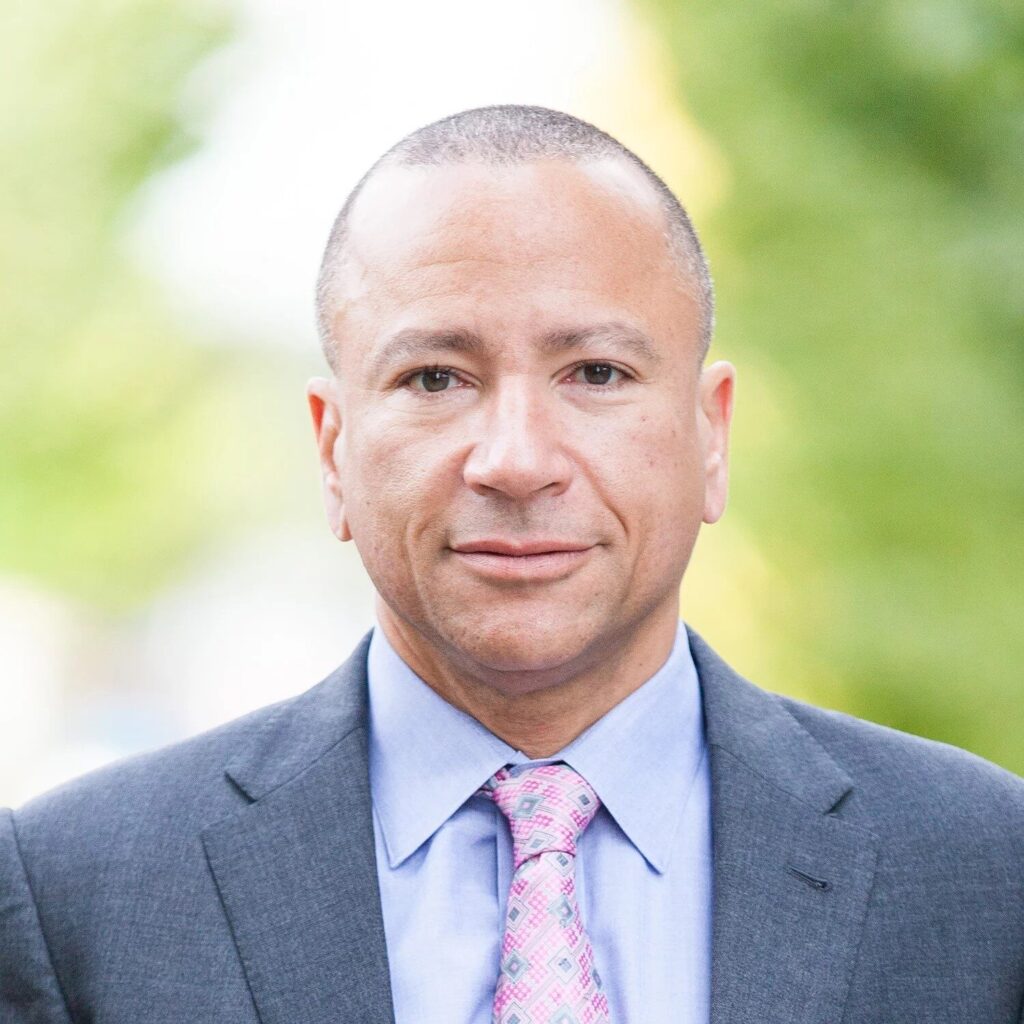April 23, 2024, 11:00-12:00 CST

Carlo Dade is Director of Trade and Trade Infrastructure at Canada West. Carlo is one of the country’s leading voices on defending and advancing western Canadian trade interests in Canada and abroad. Carlo’s work focuses on pan-Pacific trade, including the Trans-Pacific Partnership and Pacific Alliance trade blocs as well North American competitiveness Canada-Mexico relations and sub-national engagement in North America. As Director of Trade and Trade Infrastructure, Carlo has a long history in international public policy including as a Professional Affiliate at the Johnson Shoyama School of Public Policy at the University of Saskatchewan, as non-Resident Senior Associate at the Center for Strategic and International Studies in Washington, D.C., and as a member of the Mexican Council on Foreign Relations (COMEXI).
Speaker presentation
Bottlenecks and Bridges: North American Infrastructure for the next 30 Years
The deep economic relationship among Canada, Mexico, and the United States relies in large part on the region’s physical and digital infrastructure. Those connections and systems, however, have failed to keep up with growing trade in goods and services and new re- and nearshoring policy priorities. Left unaddressed, these gaps limit the region’s competitiveness and undermine security. In this session, two leading experts on North American trade will assess the state of the region’s infrastructure three decades after NAFTA came into force, as well as offering visions for what is needed to maintain the region’s edge during the next 30 years. Carlo Dade will examine how the region’s approach to infrastructure, characterized by a short-term focus, has led to many of the problems we see today. The region’s deeply integrated supply chains and production networks cannot be improved without better data, systems intelligence, and management capacity—facets of cooperation where other regions are a step ahead. Dade will propose an innovative solution for joint planning and funding of regional infrastructure—crucial if North America is to regain a competitive edge. Tiffany Melvin will discuss how North America’s bottlenecks are not just those involving physical connections; they are also political and regulatory. The emergence of digital infrastructure projects along major US transcontinental corridors provides a source of lessons to be learned. Finally, Dade and Melvin will each emphasize how turning North America’s bottlenecks into bridges can be achieved through greater coordination and joint planning.
